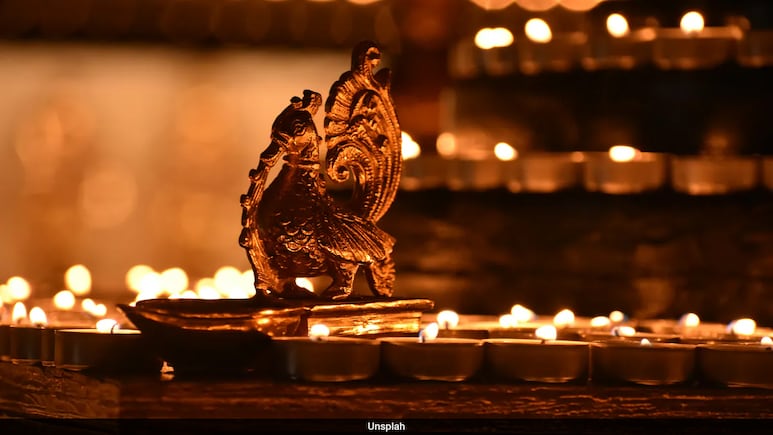
Diwali, known as the Festival of Lights, is celebrated across India and the world with great enthusiasm. As students prepare for the festivities, it's important to understand some key traditions that make Diwali special.
Understanding Diwali: The Story Behind the Celebration
Parents should actively teach, and students should make an effort to learn, the historical, cultural, and logical significance behind festivals like Deepawali. Understanding the reasons behind the celebration, such as the return of Lord Rama to Ayodhya after 14 years of exile, the victory of good over evil, and the spiritual symbolism of light over darkness adds depth and meaning to the festivities. It is crucial for the younger generation to go beyond rituals and explore the rich traditions, regional variations, and timeless values associated with such festivals. This not only enhances their knowledge but also strengthens their cultural identity and ensures that traditions are passed down with awareness and respect.
Lighting Diyas and Lamps
One of the most iconic Diwali customs is lighting diyas (small oil lamps) and candles. This symbolises the victory of light over darkness and good over evil. Houses, balconies, and streets glow beautifully with these lamps, creating a warm and hopeful atmosphere.
Creating Rangoli Designs
Rangoli is the art of decorating floors and entrances with colourful patterns made from powders, rice, or flower petals. It's believed to welcome Goddess Lakshmi into homes and brings good luck. Students often enjoy making these intricate designs as part of the celebration.
Performing Lakshmi Puja
On the third day of Diwali, families pray to Goddess Lakshmi, the deity of wealth and prosperity. Lakshmi Puja involves lighting diyas, offering sweets, flowers, and incense, and seeking blessings for success and happiness. This spiritual practice is central to Diwali.
Exchanging Gifts and Sweets
Gift-giving is a warm tradition during Diwali. Students exchange sweets and presents with friends and family to spread joy and strengthen bonds. Sharing traditional sweets like laddoos, barfis, and jalebis is especially popular.
Enjoying Fireworks (with Care)
Fireworks have long been a part of Diwali celebrations, marking joy and festivity. However, many now prefer eco-friendly ways to celebrate due to environmental concerns. Responsible enjoyment ensures the festival remains enjoyable for all.
Understanding these traditions helps students appreciate Diwali's rich cultural meaning beyond the fun.
